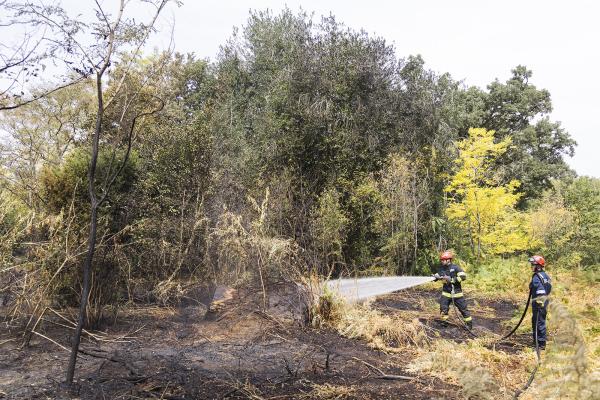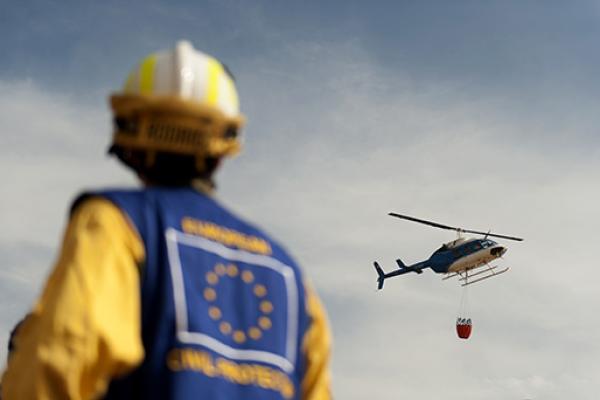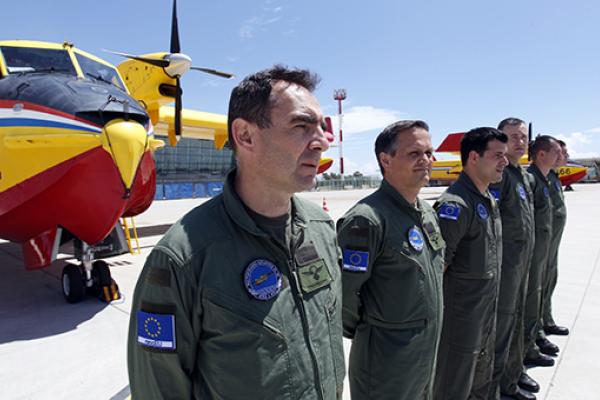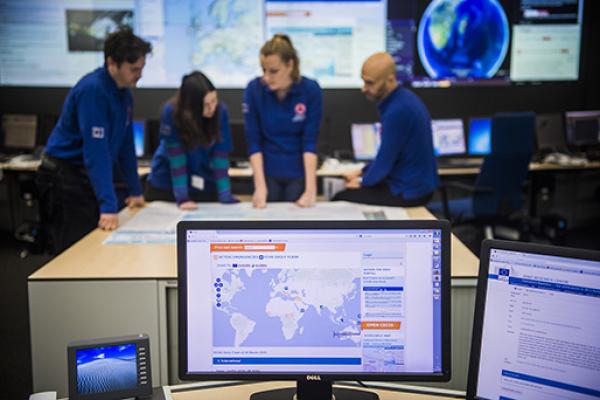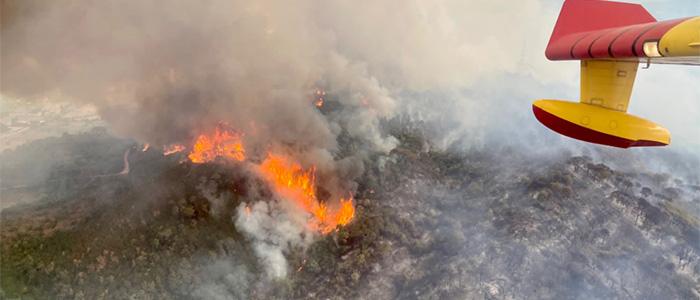
The EU Civil Protection Mechanism continues to channel support to help combat severe forest fires in Portugal, France and Albania.
Following requests for assistance, the EU has helped mobilise 2 firefighting planes from Italy to Portugal operating in the country since 13 July. This comes in addition to help already deployed last weekend from Spain in Portugal.
The Emergency Response Coordination Centre also mobilised 2 firefighting planes from the Greek rescEU fleet in aid of France following the fire outbreaks in the southwestern region of the country, which will arrive in France today. Another 2 firefighting planes from Greece were deployed to Albania on 14 and 15 July.
Commissioner for Crisis Management, Janez Lenarčič, said: "Despite a very difficult situation across Europe, worsened by the extreme temperatures, Member States are showing strong solidarity. Our Civil Protection Mechanism has mobilised planes for Portugal, Albania and France affected by devastating fires. I thank Italy and Greece for their prompt support. The EU's 24/7 Emergency Response Coordination Centre stands ready to coordinate further assistance. Our thoughts are with all those affected and with first responders who are risking their lives to battle the fires.”
In addition, the EU's emergency Copernicus satellite is helping to provide damage assessment maps of affected areas in Croatia, where fires ravage near the town of Zaton; in Spain, where fires affect the natural park of Las Batuecas-Sierra de Francia; and in Portugal, where pine forests are affected in Ourém municipality.
The EU’s 24/7 Emergency Response Coordination Centre is in regular contact with the relevant national authorities to closely monitor the situation and channel EU assistance.
Details
- Publication date
- 15 July 2022
- Author
- Directorate-General for European Civil Protection and Humanitarian Aid Operations (ECHO)

